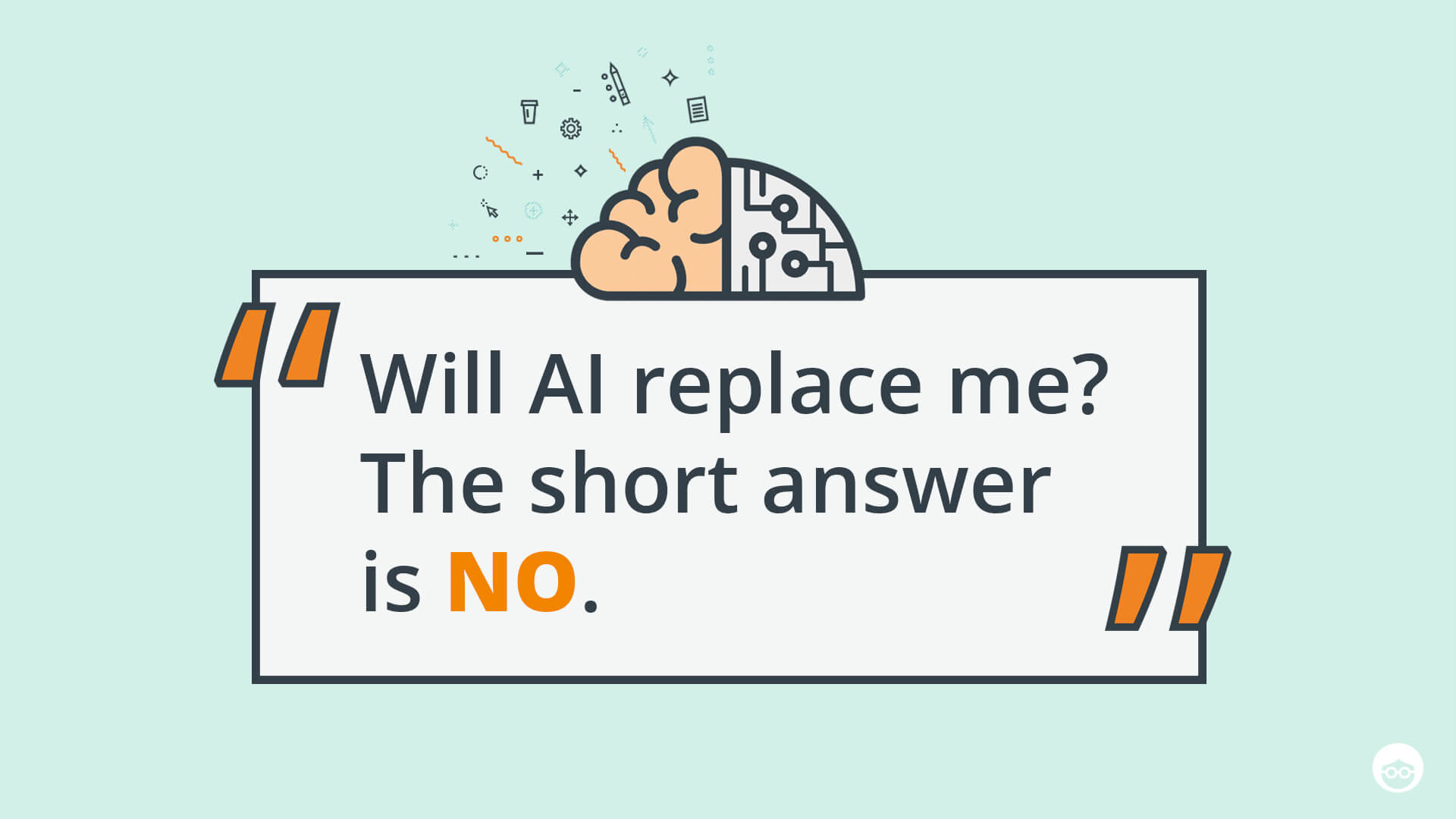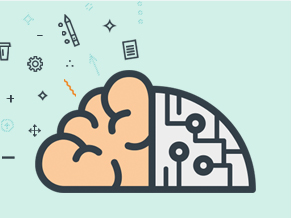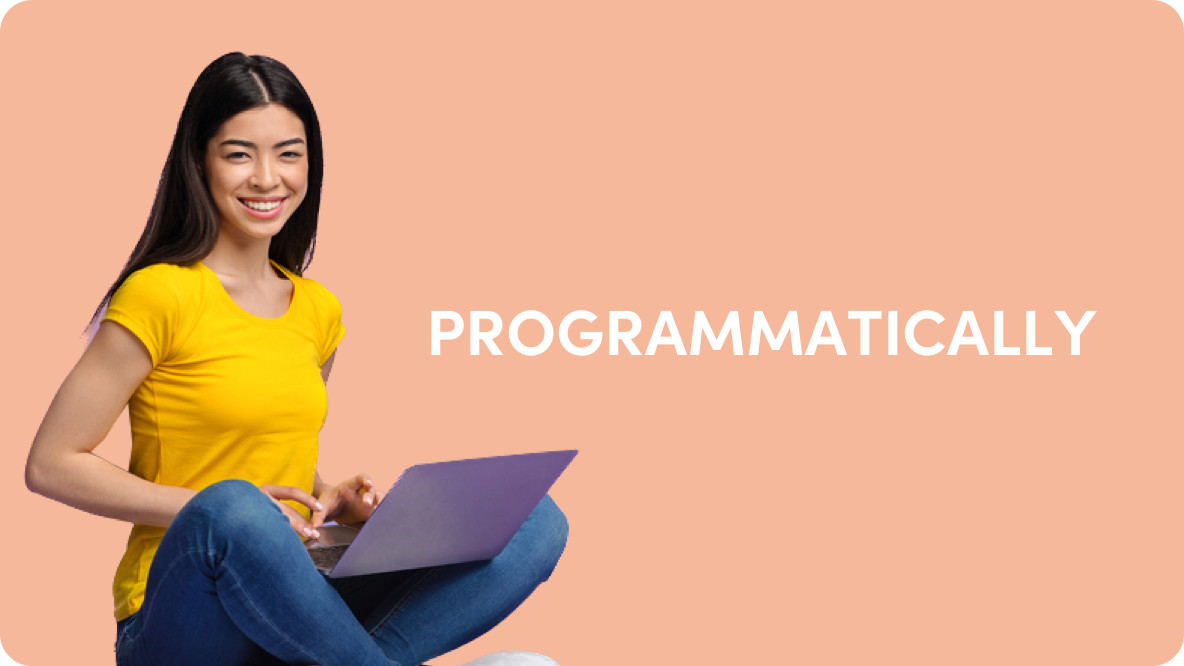Artificial Intelligence in Content Marketing: Should you Fight or Embrace it?, Part I

(This is the first part of a two-part series on Artificial Intelligence.)
The concept of thought capable machines isn’t new. Evidence suggests that the idea of building intelligent artificial beings dates back to the early 1300s. Herbert A. Simon, one of the pioneers of artificial intelligence, projected that “machines will be capable, within twenty years, of doing any work a man can do.” Fifty years have passed since Simon’s prediction. We may not be there yet, but we’re getting closer.
The affordability of neural networks, development of research tools, and computing infrastructure have paved the way to a digital world that heavily relies on AI. From Google’s self-teaching AI (Deep Mind), to robot journalists that are churning out content at record breaking speeds, artificial intelligence is forcing us to rethink the role of humans in the digital landscape.
Forthcoming AI Systems in Content Marketing
AI systems have had a huge impact on the content marketing space. Netflix uses AI to unite information from diverse datasets and provide users with personalized suggestions. Google is experimenting with machine learning to offer more relevant results to search queries. Twitter recently acquired its own deep-learning machine for expanded data on images.
As you can see, an increasing number of tech companies are investing in AI technology. Let’s take a closer look at the advanced systems that are shaping the content marketing world:
#1 Automatically Generated Content
Artificial intelligence can be used to successfully author content and optimize ads. Gartner predicts that 20% of all business content will be machine-generated by 2018. Multiple industries (pharma in particular) are already using AI to instantly create, optimize, and distribute content.
Surely AI generated content can be as good as human generated content?
Wrong.
According to a study entitled “Enter the Robot Journalist,” most readers can’t even discern automated content from content written by a human.
So where does that leave human editors?
We’ll find out soon enough.
#2 Custom News-feed Algorithms on Social Media
It is no secret that social media feeds are tailored based on individual preference. Platforms like Facebook and Instagram are constantly changing their algorithms to bring relevant content at the forefront of our news feeds. Image and voice recognition, sentiment analysis, and recommendations are all used by AI systems to improve the user experience.
Unfortunately, not all social platforms have gotten the hang of AI yet. Microsoft’s artificial intelligence bot, TAY, and his racist tweets, prove that technology has yet to comprehend complex information and cultural nuances.
#3 Google’s Machine Learning Algorithms
Machine learning algorithms were introduced with Google’s RankBrain in late 2015. The initial release of RankBrain wasn’t massively impactful. According to Google, it will make the web easier to search. RankBrain is unlike any algorithmic update before it.
That’s because it uses machine learning to interpret language semantics and figure out why people search for certain things. RankBrain also works in conjunction with Hummingbird (the conversational search algorithm) to produce meaningful results with minimal human intervention.
#4 Smart Advertising and Better Customer Experience
Deep learning makes it easier for marketers to detect changes in user behavior and interest. AI uses algorithms and huge data sets to create targeted ads for different demographics, thus increasing click-through-rate. Although artificial intelligence still has limitations, more and more companies are using it to enhance customer experience. For example, virtual assistants help users navigate pages or familiarize themselves with new functionalities.
Where Does This Leave Humans?
One of the greatest concerns of content marketers is this: Will AI replace me? The short answer is NO. Although AI has the power to automate writing, empower content personalization, and curate based on huge data sets, I am confident that it will never completely replace the human element.
According to the NPR, “technical writers” have an 88% chance of being replaced by AI, while editors only have a 5.5% chance of being replaced. This sounds like something an AI would say, so let’s not dwell on numbers.
The way I see it, artificial intelligence will relieve content marketers of automated tasks. This will allow them to focus on optimizing their strategies. Rob High, Chief Technology Officer of IBM Watson believes that “cognitive technology is here to extend and amplify human expertise, not replace it.”
So what types of automated tasks will AI takeover?
In my second post here, I dig into some of the tasks AI can help content marketers with now as well as some of the qualities that AI cannot replicate or replace (yet).













